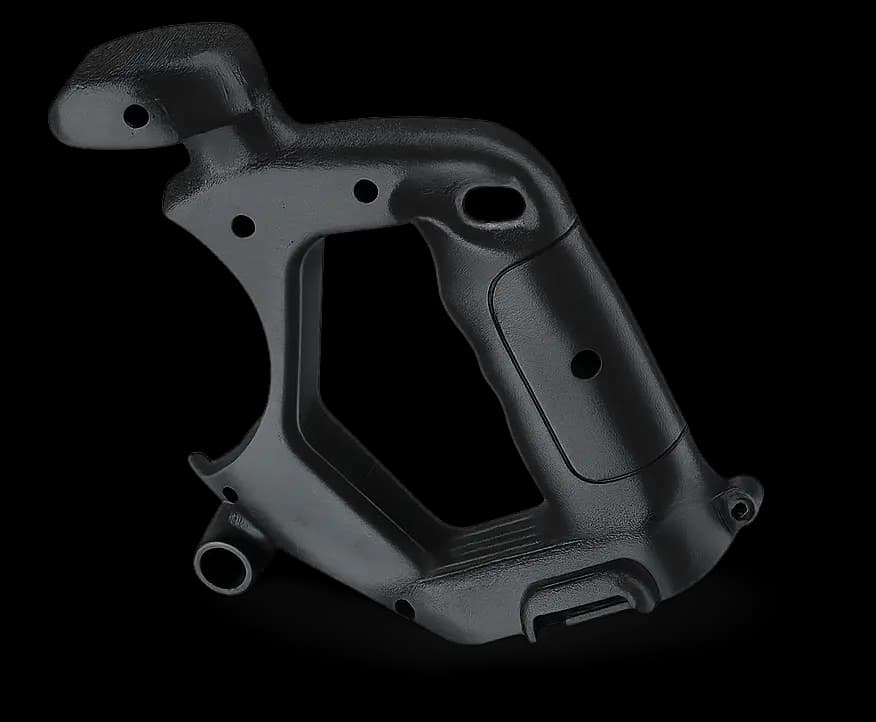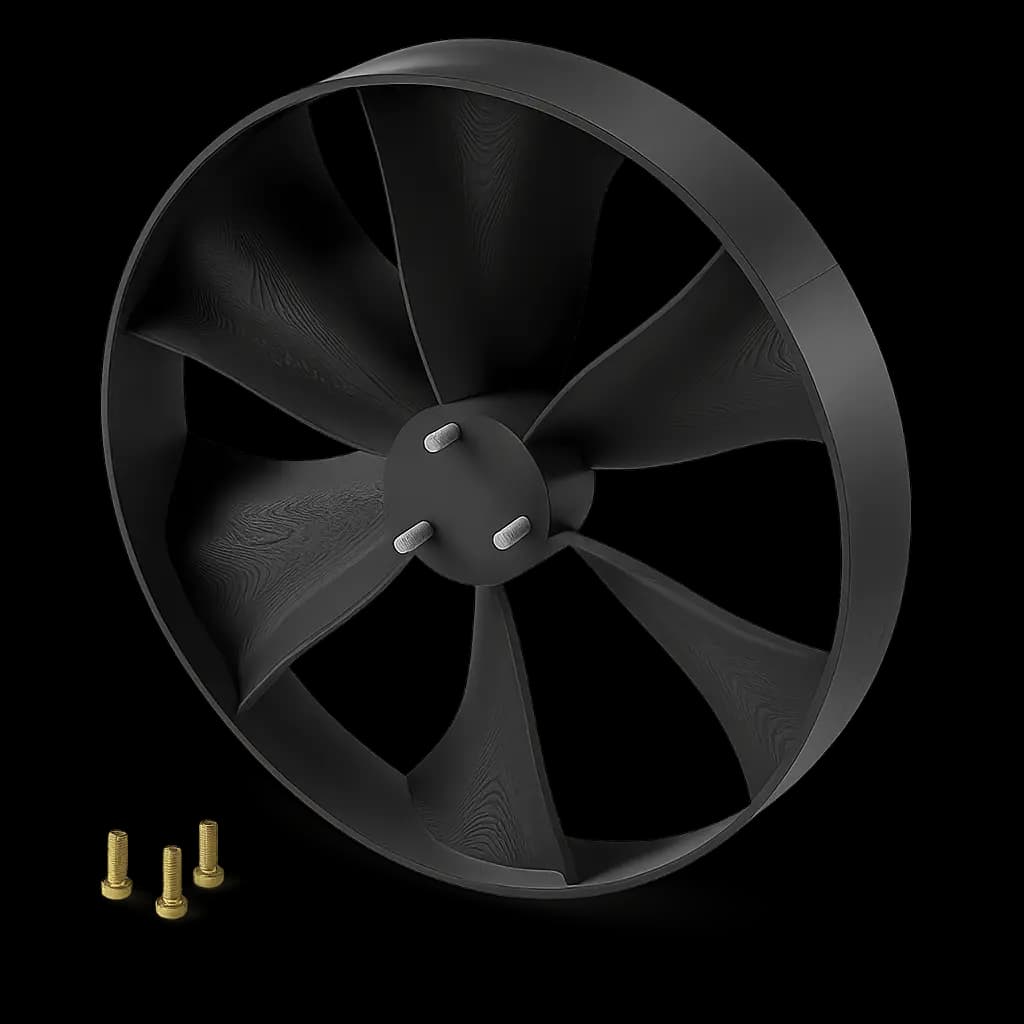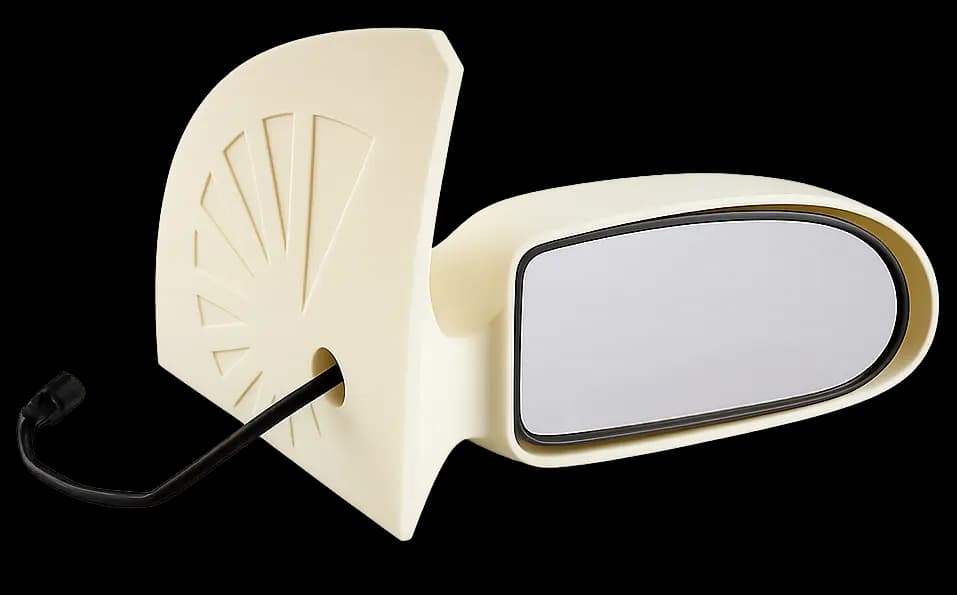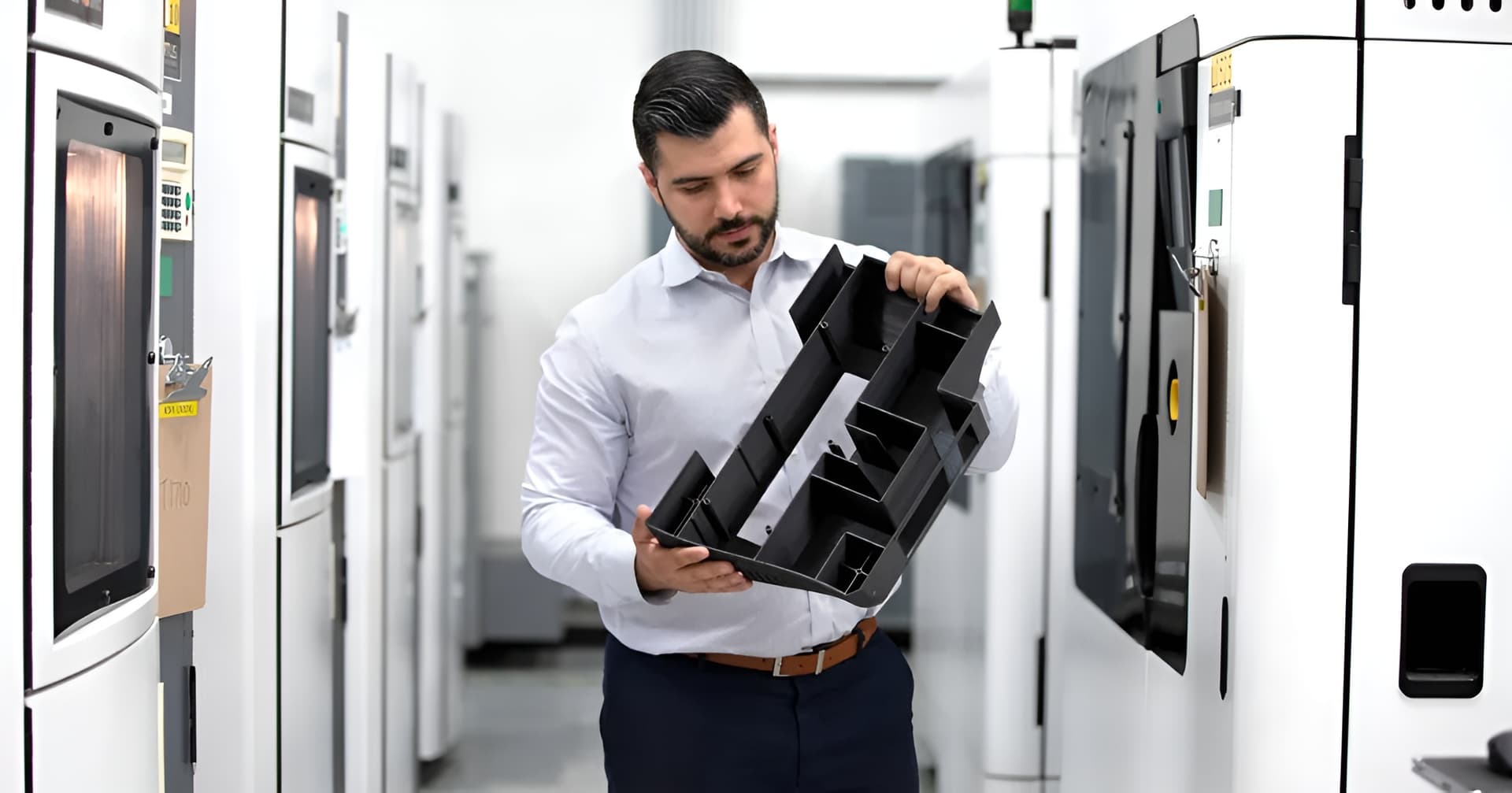PC-ABS provides the perfect balance of strength, aesthetics, and moldability for electronic enclosures. The material's excellent surface finish accepts painting and texturing while providing impact protection.
Key Applications
- Smartphone and tablet prototypes
- Computer peripheral housings
- Audio equipment enclosures
- Wearable device components
Performance Data
Achieves surface roughness of Ra 16 μm with vapor smoothing, enabling Class A painted surfaces while maintaining impact strength of 196 J/m.






